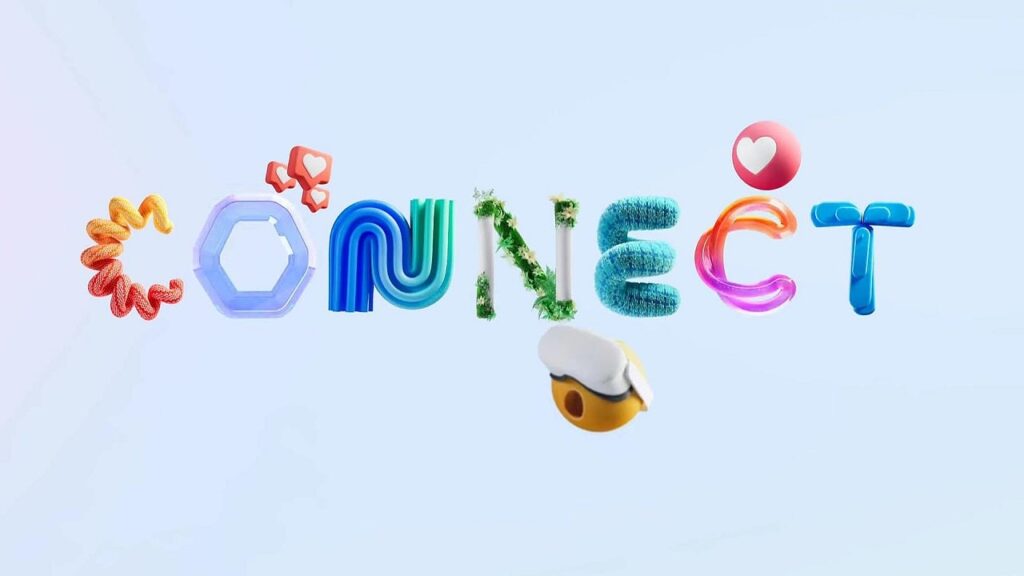Meta he admitted to training his Large Language Model Llama2underlying the recently announced Meta AI, using data from from posts and images on Facebook and Instagram.
Meta used Facebook and Instagram posts to train the AI
The Melo Park company has worked for a long time to strengthen its Large Language Model (LLM) Llama2, to be able to include AI in various innovations presented during Meta Connect last week. In particular, the Meta AI chatbot, one of the artificial intelligence tools that combines the potential of Llama2 with those of Emu, an AI model specialized into image generation.
It is “an advanced conversational assistant available on WhatsApp, Messenger and Instagram and coming to Ray-Ban Meta and Quest 3 smart glasses”. It can generate photorealistic images, audio and text from a prompt. Additionally, it has access to real-time information on the web thanks to a partnership with the Microsoft’s Bing search engine.

The crucial question concerns from where Meta AI gets the data. As Bruno Ruffilli explains on Repubblica, These come from the two most popular social networks in the world, namely Facebookwith over three billion users, and Instagram.
However, Meta’s president of Global Affairs, Nick Cleggstressed in an interview with Reuters that the training of Llama2 it did not involve private posts shared only with family and friends. He also specified that Meta did not use private chats on WhatsApp and Messenger. And it filtered private information from the public data used in training.
The copyright issue
In the interview, Clegg admitted that he use material copyrighted to train AI may not fall into the category of “fair use”, which permits limited use of protected works for purposes such as commentary, research, and parody. According to Meta, it fits this definition. But he also predicted “several lawsuits” related to this issue.
The debate over using copyrighted content for AI training is becoming increasingly heated. Some news organizations, including the New York Times, have banned the use of their content. And specific agreements have arrived between large companies such as OpenAI e Shutterstock for images.
The question remains open, with legal decisions in the coming years that could set precedent and change the situation. Transparency and respect for privacy remain essential issues when it comes to artificial intelligence.















Leave a Reply
View Comments